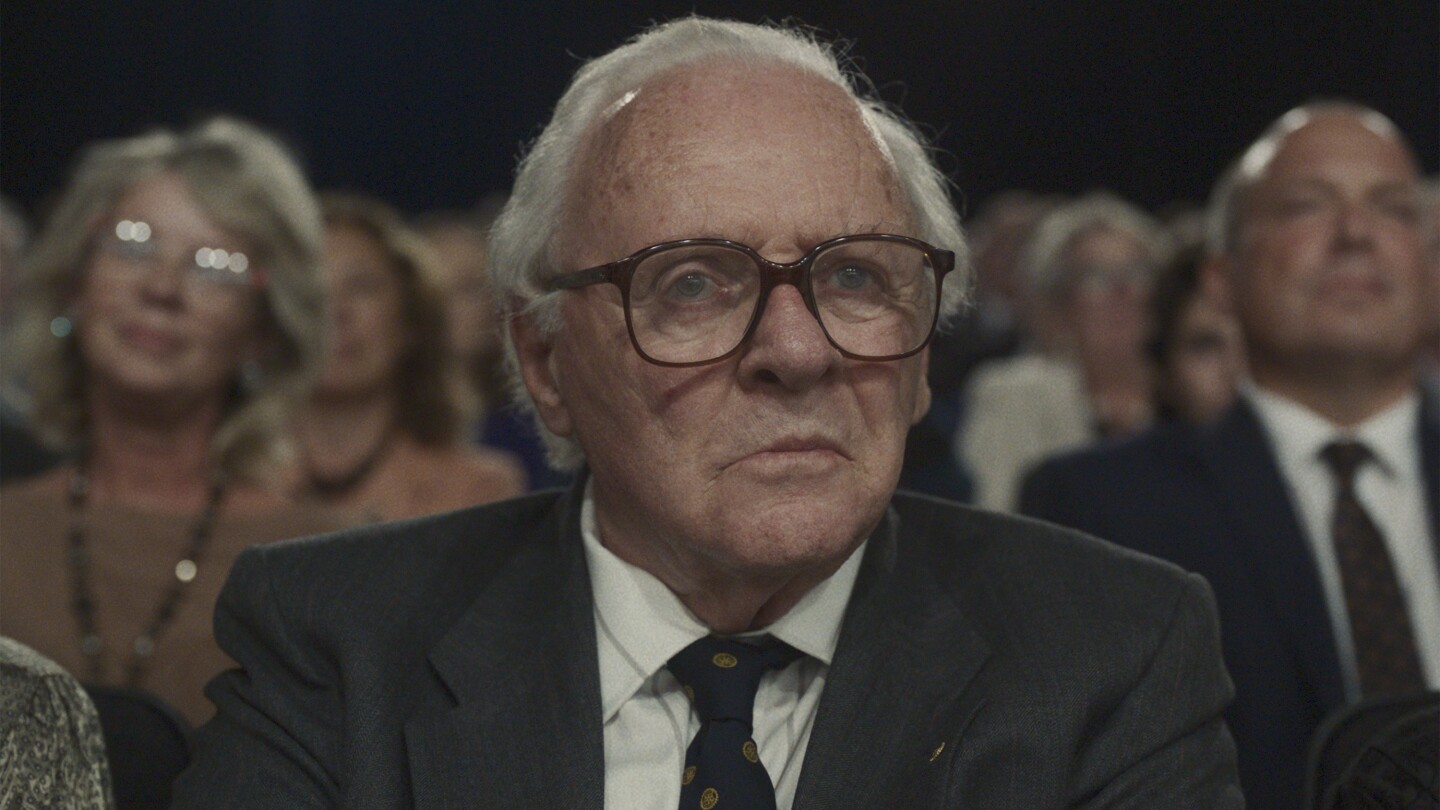Capturing a Hero’s Quiet Courage
“One Life” masterfully recounts the heroic actions of Nicholas Winton, a London stockbroker who orchestrated the rescue of 669 Jewish children from Czechoslovakia on the brink of World War II. Unbeknownst to the public for decades, Winton’s extraordinary efforts were dramatically unveiled on a 1988 BBC broadcast, earning him the moniker “British Schindler.” The film, starring Anthony Hopkins, delves deep into the emotional and complex nature of Winton’s life, revealing the profound impact of his quiet yet resolute actions on the lives he touched.
A Tale of Two Eras Connected by Compassion
Directed by James Hawes, “One Life” employs a dual timeline to explore the depths of Winton’s character, from his decisive actions in 1939 Prague to his reflective years in 1987 England. Johnny Flynn portrays a young Winton, whose determination to save the children contrasts starkly with the older Winton, played by Hopkins, who grapples with memories of those he could not save. The film navigates through these periods with sensitivity and grace, highlighting the emotional weight of Winton’s mission and its lingering effects on his later life.
The Emotional Weight of a Legacy
The film’s narrative is a poignant exploration of the lasting impact of selfless acts and the heavy burden of unresolved grief. In his elder years, Winton is portrayed as a man haunted by the faces of the past, yet still committed to local charity work and wrestling with the physical remnants of his wartime efforts. The climactic scene in the BBC studio, where Winton is reunited with some of the individuals he saved, serves as a powerful testament to the enduring importance of his actions and the emotional resonance they carry, making “One Life” a stirring tribute to the power of courage and empathy in the darkest of times.
